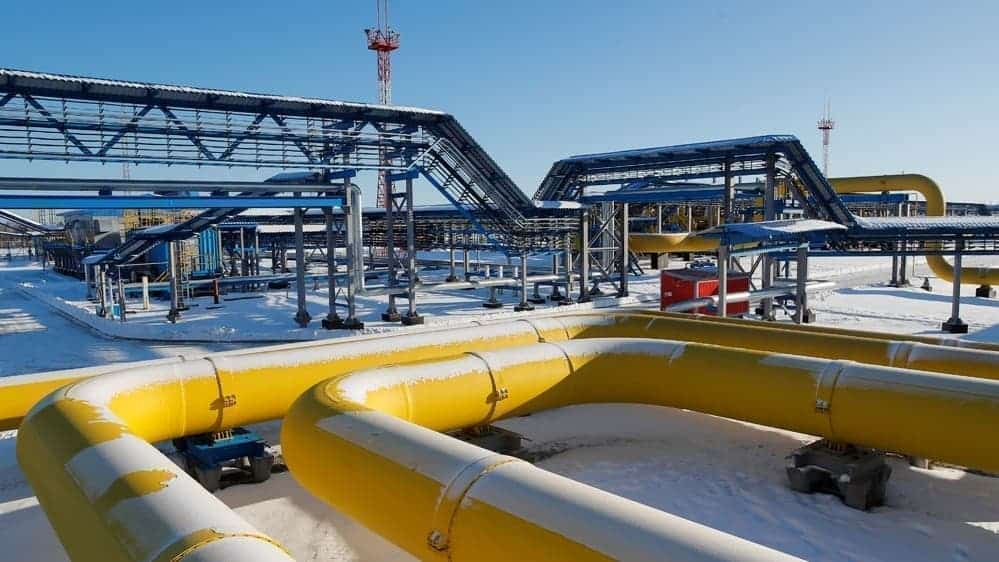Extreme winter weather in Russia, at least more extreme than usual for Siberia, resulted in lower Russian oil production so far in February compared to January and lower than the country’s increased quota under the OPEC+ deal, Bloomberg reported on Friday, quoting data from the energy ministry it had seen.
Under the latest compromise OPEC+ agreement from January, Russia is boosting its oil production by 65,000 bpd in each in February and March. Together with Kazakhstan, Russia was the only OPEC+ producer allowed to increase its output, while the other members are keeping production flat and Saudi Arabia is unilaterally cutting an additional 1 million bpd to support the market rebalancing.
However, extreme cold, even for Russia, had producers reduce pipeline flows from some oilfields. This led to Russian oil production – including condensate, which is out of the OPEC+ deal – dropping by around 77,000 bpd between February 1 and 25, compared to the average for January, according to Bloomberg’s estimates of energy ministry data.
Without condensate production, crude oil production in Russia likely averaged 9.153 million bpd so far in February—some 30,000 bpd below the Russian quota under the OPEC+ deal, Bloomberg has projected.
In January, Russia was estimated to have stayed within its 125,000-bpd allowed production rise in January. According to Reuters estimates, Russian oil production rose last month, but the 120,000-bpd increase in production from December was lower than the 125,000-bpd additional allowed rise.
The OPEC+ group, led by Saudi Arabia and Russia, is meeting next week to decide how the alliance will proceed with the supply management from April onwards. Saudi Arabia and Russia are reportedly once again at odds over oil production policies.
The oil market is balanced, and the current price of oil fully reflects this market situation, Russian Deputy Prime Minister Alexander Novak said last week. At the same time, Saudi Arabia’s Energy Minister, Prince Abdulaziz bin Salman was warning oil producers they would need to remain “extremely cautious” as uncertainty on the market is still very high.

